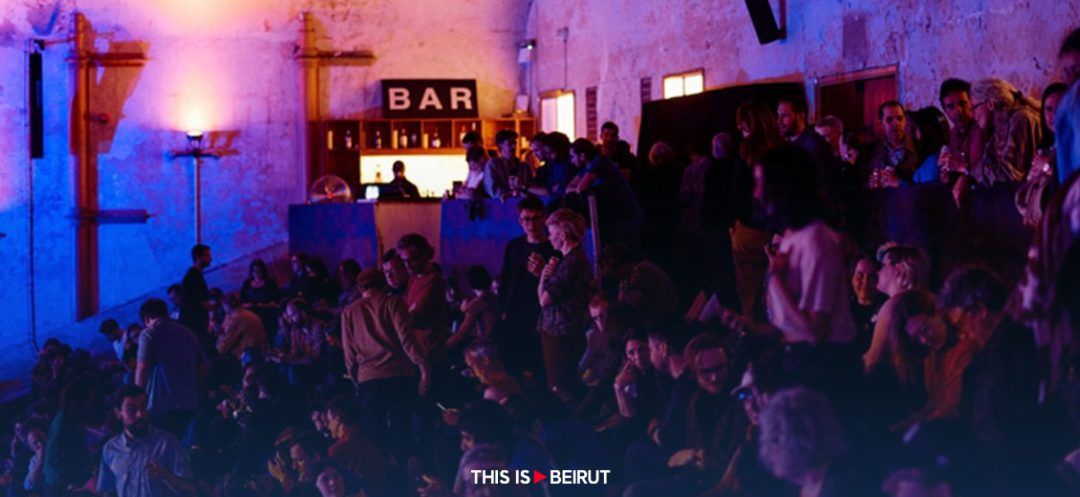
©People attend a live performance at Earth Theatre in London - Photo by Benjamin Cremel / AFP
Independent music venues across the United Kingdom are struggling to survive as they grapple with skyrocketing expenses, dwindling alcohol sales, and changing consumer habits post-pandemic.
In a dimly lit room at Earth Hackney, an arts center in London, singer Cosmo Sheldrake captivates the audience with his electronic and vocal compositions. The venue is packed, but the same cannot be said for Earth Hackney’s coffers. Auro Foxcroft, founder and director of Earth and the nearby Village Underground, remarks, “It’s paradoxical to have sold-out concerts and still lose money.”
Concert venues across the United Kingdom are facing an unprecedented crisis, with costs soaring on all fronts, particularly electricity and rent. Simultaneously, their customers have less purchasing power. Foxcroft notes, “Everything costs 15% more on average than before the pandemic, and sales are down 20%.”
Jack Henry, operations director at Studio Spaces, a venue in south London, goes as far as to say, “It’s no longer possible to make a profit in this sector.” Last year, 125 independent venues closed in the country, a staggering 38%, including iconic institutions like Moles, where Oasis, The Cure, and Eurythmics once performed.
The challenges facing the industry began nearly 15 years ago with the financial crisis and the rise of digital music, which disrupted the entire music ecosystem. The COVID-19 pandemic dealt another massive blow, forcing venues to close for months. However, they had no operating costs during that time and received substantial government aid. “This is the worst situation the night-time economy has ever faced. COVID-19 was massive, but it’s much worse now,” asserts Henry.
Venues are now making artistic decisions based on how much beer they hope to sell, according to Foxcroft. However, younger patrons are drinking less than their elders, not only due to a lack of funds but also out of concern for a healthier lifestyle. Phenomena like Dry January, which encourages people to abstain from alcohol for the month, have gained popularity.
Indy Firth, a 21-year-old film production student attending the Cosmo Sheldrake concert with a friend, says, “Personally, I tend not to consume alcohol. It’s usually one of the most expensive things, and people my age tend to drink less.”
While alcohol sales are declining, ticket sales are holding up well in terms of volume. However, venues are hesitant to raise ticket prices too much, fearing they may drive away customers, especially younger ones who need to be cultivated as loyal patrons. Foxcroft emphasizes, “People don’t start going to concerts in their forties.”
The Night Time Industries Association (NTIA) is calling on Downing Street to reduce VAT to support consumer spending. Meanwhile, Mark Davyd, director of the Music Venues Trust, advocates for a small contribution from each ticket sold at stadiums and large arenas to be allocated to a redistribution fund to help independent venues survive.
Davyd underscores the importance of these small venues, noting that all the big names in British music, from Adele to Coldplay to the Rolling Stones, “started in small venues and honed their craft there for years” before achieving success.
British professionals point to France as an example, where approximately 3.5% of concert ticket sales are distributed as subsidies, resulting in a much healthier live music scene. As the UK’s independent music venues fight for survival, it is clear that swift action and innovative solutions are needed to preserve these crucial cultural institutions and ensure the future of British music.
With AFP
Comments